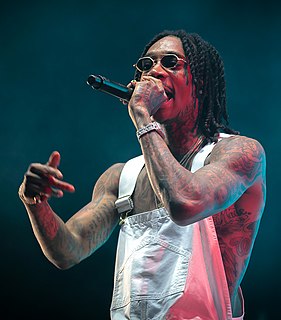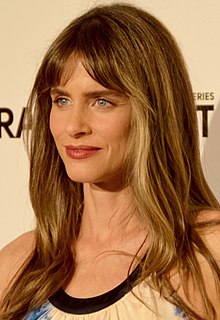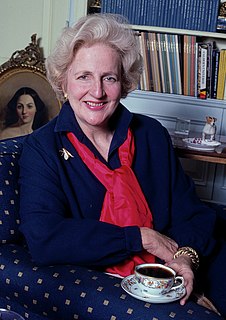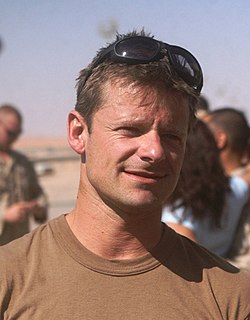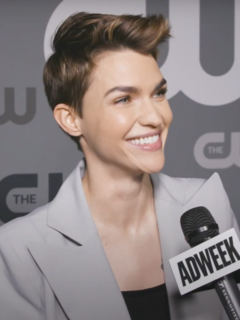A Quote by Mickalene Thomas
I don't think an artist should always know why they gravitate toward something or someone. You are just drawn to things, and that's OK.
Related Quotes
I tend to gravitate toward the "act two," or "act three," or "act four" stories - either things that are underreported, where we think we already know the common narrative, or things that are at the margins of an over-reported story, where we're all so focused in one direction that we're missing something crucial that's unfolding off to the side.
I think that what we should do is have short, clipped conversations on the telephone so someone can always get us, not talking about inane stuff and having someone trying to get you. I also think we've just got to be more sensitive toward other people and not call them at night if you know they've been working.
I gravitate toward the larger worldview questions such as, Why are we here? What are we supposed to be doing? What does it mean to know another person? To love someone? Of course, those questions are sort of in the background as I'm playing with language in the foreground, but those are the informing questions.
Cultural concepts are one of the most fascinating things about historical fiction. There's always a temptation, I think, among some historical writers to shade things toward the modern point of view. You know, they won't show someone doing something that would have been perfectly normal for the time but that is considered reprehensible today.

